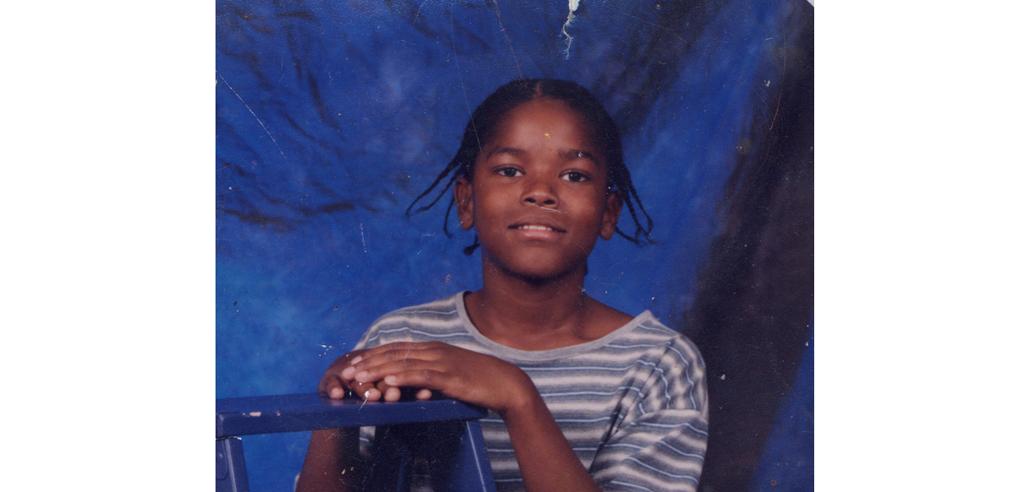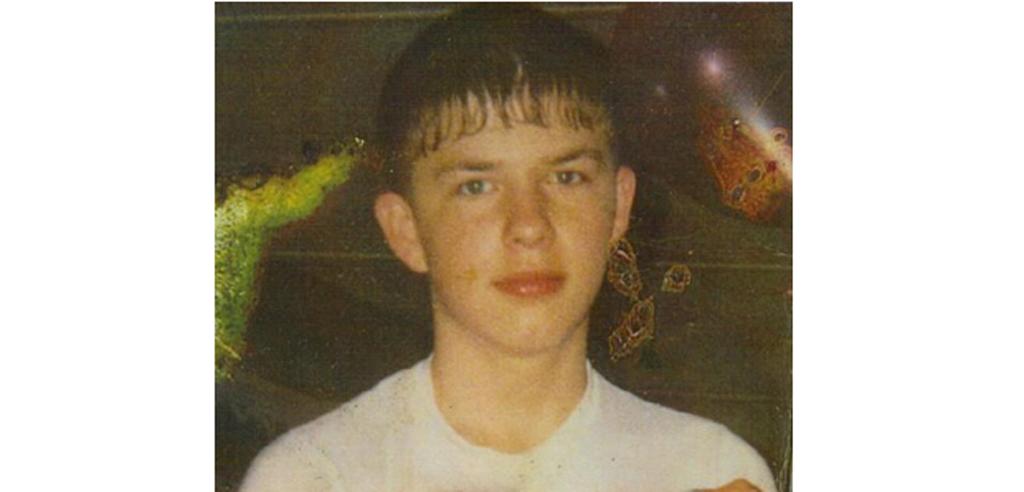EJI’s Bryan Stevenson argued in two cases at the United States Supreme Court on March 20, 2012, that the life imprisonment without parole sentences imposed on Evan Miller and Kuntrell Jackson constitute cruel and unusual punishment that violates the Constitution.
“Every person is more than the worst thing they’ve ever done,” Mr. Stevenson said. “But children are uniquely more than their worst act. They have quintessential qualities and characteristics that a decent society, a maturing society, an evolved society, we believe, is constitutionally obligated to recognize and protect.”
In Jackson v. Hobbs, the Arkansas Supreme Court upheld a death-in-prison sentence imposed on a 14-year-old who was convicted of an unintentional killing where he was not the triggerman.
In Miller v. Alabama, an Alabama appeals court upheld a sentence of life imprisonment without parole imposed on a 14-year-old convicted of intentional murder.
Both sentences were mandatory and did not permit any consideration of the juvenile’s age or adolescent status.
Stevenson argued today that it would be unusual for the Court to allow that unique child status to be ignored in a criminal context when it is recognized and protected in every other area of the law. “We also think it would be cruel to permit some children to be condemned to die in prison,” he said. “Given what we know about child status, to say to any child that you are fit only to die in prison is cruel and unusual punishment.”
The Court is expected to issue a decision in Miller v. Alabama and Jackson v. Hobbs before the end of June.

